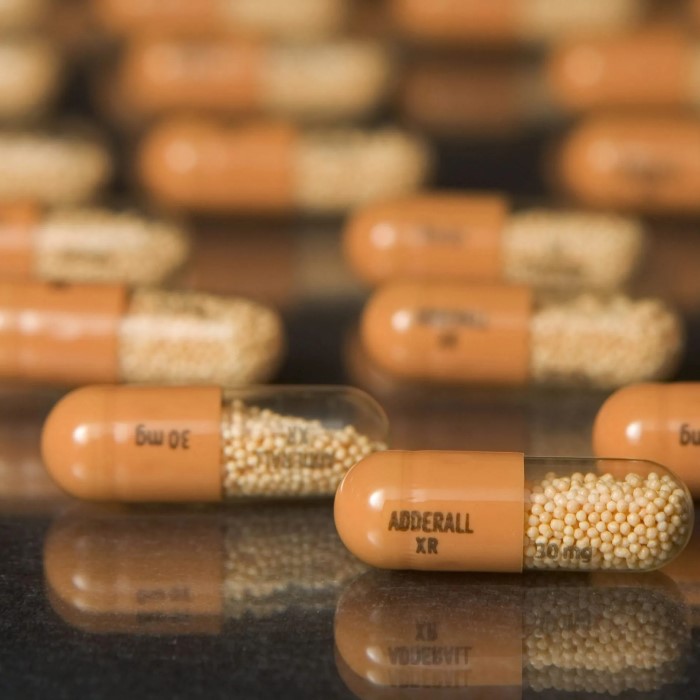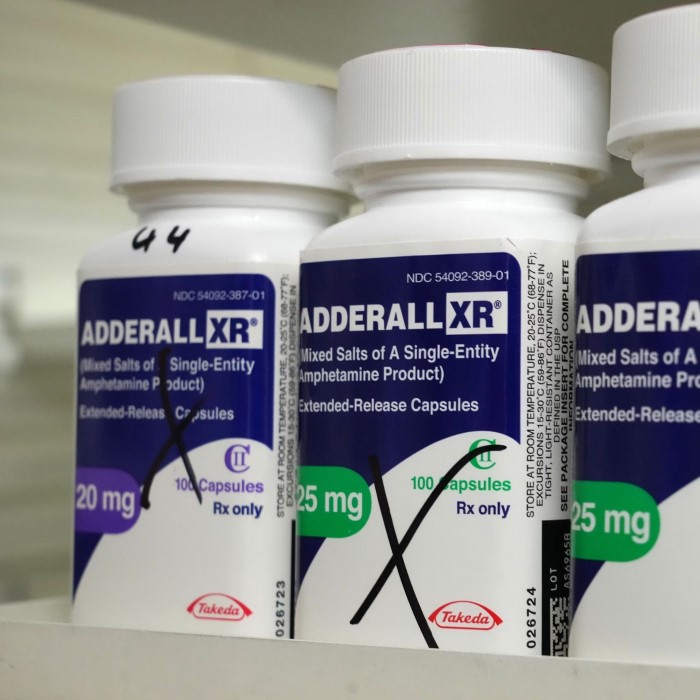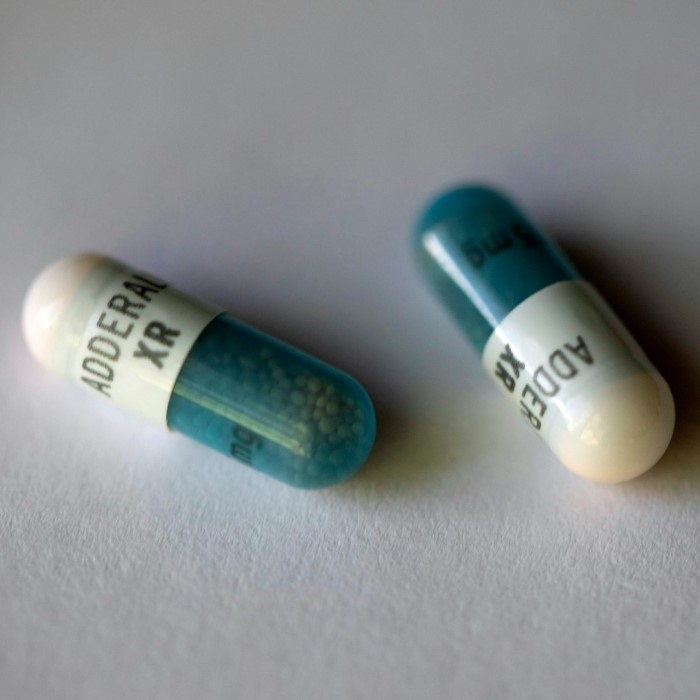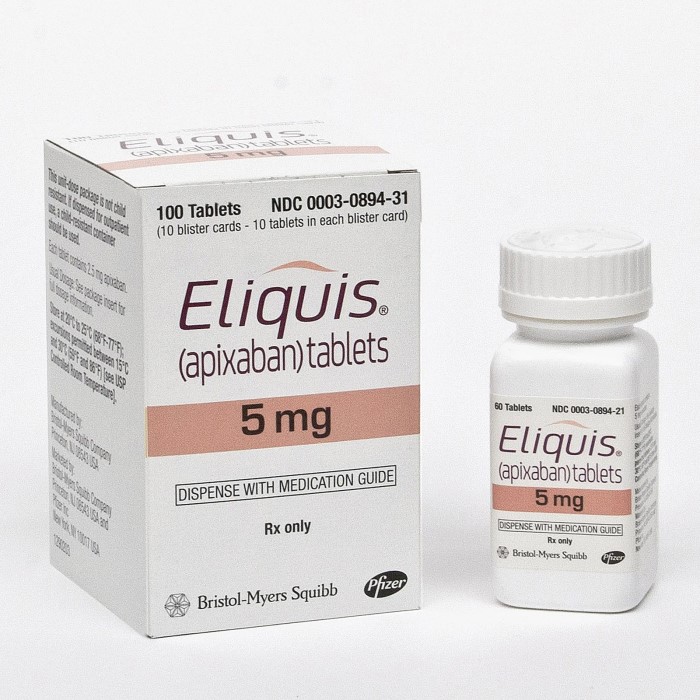
Can Adderall Cause Hair Loss? Unveiling the Truth in 2025
Introduction: Can Adderall Cause Hair Loss?
In recent years, concerns about medications and their side effects have intensified, particularly regarding Adderall and hair loss. Adderall, a widely prescribed medication for Attention Deficit Hyperactivity Disorder (ADHD), has been scrutinized for its potential side effects, including the possibility of hair loss. Many individuals are asking: Can Adderall cause hair loss? This article will explore this crucial question, delve into the science behind potential side effects, and discuss ways to maintain hair health while using this medication.

Understanding Adderall and Its Uses
Adderall is a combination of two stimulant drugs: amphetamine and dextroamphetamine. It primarily treats ADHD and narcolepsy, functioning by enhancing the activity of certain neurotransmitters in the brain, including dopamine and norepinephrine. These neurotransmitters play a crucial role in regulating attention and impulsivity. While many patients report significant improvements in focus and overall functioning, it’s essential to remain vigilant concerning possible side effects. Among these side effects, hair loss has garnered attention.
Can Adderall Cause Hair Loss? The Connection
To address the question, can Adderall cause hair loss, we must first understand the mechanisms involved. The stimulant effect of Adderall can lead to heightened anxiety and restlessness in some users. Anxiety itself is known to be a significant contributor to hair loss, which complicates the relationship between the medication and the condition.
When anxiety levels rise, it can lead to a condition known as telogen effluvium, where hair follicles prematurely enter the shedding phase. This response can result from various stressors, including emotional and physical factors, and the use of stimulants like Adderall may exacerbate this effect.
Nutritional Factors Contributing to Hair Loss
Adderall’s side effects may also include decreased appetite, leading to inadequate nutritional intake. Hair health relies heavily on a balanced diet rich in essential nutrients. Key vitamins and minerals play a critical role in maintaining the strength and growth of hair.
For instance, nutrients such as iron, biotin, and zinc are vital for healthy hair. A deficiency in any of these crucial elements can lead to thinning hair or hair loss. If Adderall reduces your appetite and alters your dietary habits, you may inadvertently harm your hair health.
Important Nutritional Choices for Hair Health
In 2025, enhancing your dietary intake should focus on nourishing foods that support overall health and hair vitality. Consider incorporating the following into your meals:
Lean Proteins
- Importance of Amino Acids: Lean proteins are crucial for hair health because they supply essential amino acids, which serve as the building blocks for keratin, the primary protein found in hair.
- Sources of Lean Proteins: Incorporate a variety of lean protein sources into your diet, including:
- Chicken: Skinless chicken breast is low in fat and high in protein, making it an excellent choice for supporting hair structure.
- Turkey: Similar to chicken, turkey is a lean meat rich in protein, helping to provide the amino acids needed for hair repair and growth.
- Fish: Fish such as salmon and mackerel are not only protein-rich but also offer omega-3 fatty acids, which benefit overall hair health.
- Legumes: Beans, lentils, and chickpeas are plant-based sources of protein that also provide fiber and iron, beneficial for hair growth.
- Eggs: Eggs are a complete protein source, meaning they contain all essential amino acids, as well as biotin, which is vital for hair strength and growth.
Leafy Greens
- Nutritional Benefits: Leafy greens are packed with vitamins and minerals essential for overall health and hair vitality.
- Iron and Vitamins: These vegetables provide:
- Iron: Essential for red blood cell production, iron carries oxygen to hair follicles, promoting healthy hair growth.
- Vitamins: Leafy greens are rich in vitamins A and C, which support sebum production, keeping the scalp moisturized and promoting healthy hair.
- Varieties to Include: Incorporate a variety of leafy greens in your meals, such as:
- Spinach: High in iron, folate, and vitamins A and C, spinach supports circulation and hair follicle nourishment.
- Kale: Kale is another nutrient-dense green that provides antioxidants and helps combat oxidative stress that can damage hair.
- Swiss Chard: A lesser-known leafy vegetable, Swiss chard also offers a range of vitamins and contributes to hair health.
Nuts and Seeds
- Benefits of Healthy Fats: Nuts and seeds are excellent sources of healthy fats, particularly omega-3 fatty acids, which are vital for hair health.
- Zinc and Other Nutrients: These foods further contribute essential nutrients:
- Walnuts: Rich in omega-3 fatty acids and biotin, walnuts can help reduce inflammation and promote hair growth.
- Flaxseeds: An excellent plant-based source of omega-3s, flaxseeds can help nourish hair follicles and improve scalp health.
- Pumpkin Seeds: High in zinc, pumpkin seeds can support hair strength and thickness while preventing hair loss.
- Incorporation Tips: Consider adding a handful of nuts or seeds to salads, smoothies, or yogurt for an easy nutrient boost.
Whole Grains
- Role in Hair and Cognitive Health: Whole grains provide vital nutrients that support both cognitive functions and hair health.
- Nutrient-Rich Sources: Incorporate whole grains like:
- Quinoa: A complete protein source, quinoa contains all essential amino acids and is rich in fiber and vitamins, supporting overall health.
- Oats: Oats are an excellent source of iron, fiber, and various vitamins, aiding in hair nourishment and digestive health.
- Brown Rice: This whole grain contains B vitamins, iron, and magnesium, essential for healthy hair and overall body functioning.
- Easy Ways to Enjoy: Use whole grains as the base for meals, such as grain bowls, salads, or as side dishes to enhance your nutrient intake.
Frequently Asked Questions: Hair Loss Concerns
As we seek answers, it’s essential to address common questions regarding hair loss, especially in relation to medications like Adderall.
Why am I Suddenly Losing So Much Hair?
Experiencing sudden hair loss can be distressing, and multiple factors could contribute to this phenomenon. Stress, hormonal shifts, and nutritional deficiencies are among the most common culprits. If you are taking Adderall and observe increased hair shedding, consult your healthcare provider. They can help identify the root cause and suggest appropriate solutions.
What is the Most Common Side Effect of Adderall?
While Adderall can lead to multiple side effects, the most frequently reported ones are insomnia, decreased appetite, anxiety, and sometimes hair loss. Individual reactions to medication can differ significantly, which emphasizes the importance of monitoring your body’s responses to treatment.
What ADHD Medication Causes Hair Loss?
Adderall is not the only medication linked to hair loss. Other ADHD medications, such as Vyvanse and Ritalin, have also been reported in discussions about hair-related side effects. Patients should discuss any concerns with their healthcare provider to determine the most suitable treatment plan.
Managing Hair Loss While on Adderall
If you are concerned about potential hair loss while taking Adderall, several strategies can help manage and potentially mitigate this issue:
- Consult Your Healthcare Provider: Always discuss any concerns related to hair loss with your doctor. They might propose adjusting your medication or suggest alternatives based on your specific situation.
- Focus on a Nutrient-Rich Diet: Prioritize foods loaded with vitamins and minerals that support hair health. Consult with a nutritionist if further guidance on dietary choices is needed.
- Practice Stress Reduction Techniques: Incorporate relaxation methods such as yoga, meditation, or deep-breathing exercises into your routine to help manage anxiety.
- Adopt Gentle Hair Care Practices: Use mild shampoos and conditioners; avoid heat-styling tools, and limit exposure to harsh chemical treatments that can weaken hair.
- Consider Supplements: Discuss with your physician the possibility of taking biotin or other supplements known to enhance hair growth. Ensure the safety and compatibility of any new supplements with your existing medications.
The Importance of Open Communication
Establishing clear communication with your healthcare provider is crucial for effective medication management. If you suspect any side effects, such as changes in hair health due to Adderall, openly discussing these issues ensures tailored care addressing all aspects of your well-being.
Conclusion: Balancing Treatment and Hair Health
In conclusion, addressing the question can Adderall cause hair loss is vital when considering overall health management while using this medication. By focusing on maintaining a nutrient-rich diet, practicing stress management techniques, and adopting gentle hair care practices, users can work to preserve their hair as well as their mental focus.
If hair loss occurs, addressing it promptly with healthcare professionals is a proactive measure for ensuring a balanced approach to treatment and well-being in 2025. Fostering ongoing dialogue about experiences related to Adderall and health can lead to improved care and life quality for those navigating ADHD treatment and its potential side effects. Maintaining hair health should be part of a holistic approach to wellness, considering both physical and mental health in tandem.




